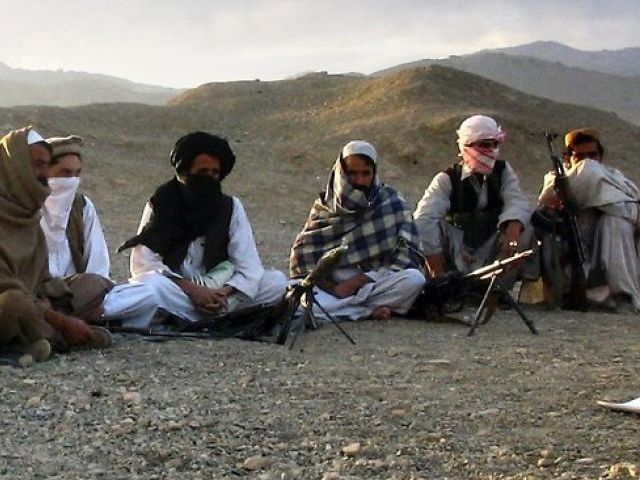
This is not the Taliban playing musical chairs. There is a very real and potentially deadly power struggle going on within the group, and there is a long history of settling disputes by force of arms. It is too early to say if events in Afghanistan will impact Pakistan, but given that any differentiation between the Pakistan and Afghan Taliban is all but invisible in practicality, there will be reverberations on this side of the border. Theoretically, the split and the challenge to Akhtar Mansoor have the potential to weaken the Taliban — divide and rule — but with the Afghan Taliban on an uptick militarily this year, such a degrading of capacity could remain theoretical. Yet another unknown is how the Haqqani network is going to cast its cards. Ideologically aligned with the Taliban and rising in parallel with al Qaeda, the Haqqani network has retained cohesion as al Qaeda has faded from the Afghan stage. The Afghan Taliban have demonstrated a remarkable durability over the years and they remain undefeated. Any split is going to temporarily cramp the Taliban style, but is unlikely to offer an exploitable weakness.
Published in The Express Tribune, November 3rd, 2015.
Like Opinion & Editorial on Facebook, follow @ETOpEd on Twitter to receive all updates on all our daily pieces.



1736599343-0/fizza-(8)1736599343-0-165x106.webp)
1736598692-0/fizza-(7)1736598692-0-165x106.webp)

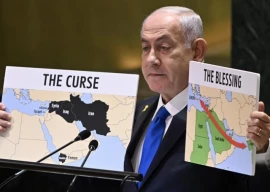
1736508423-0/Express-Tribune---News-Desk-(9)1736508423-0-270x192.webp)
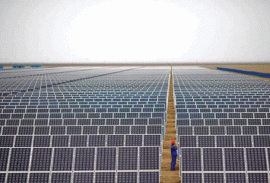
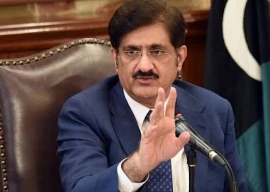
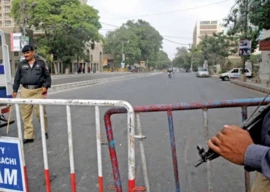
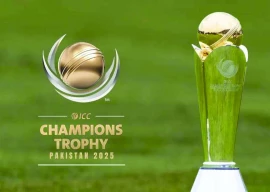






COMMENTS (3)
Comments are moderated and generally will be posted if they are on-topic and not abusive.
For more information, please see our Comments FAQ